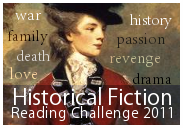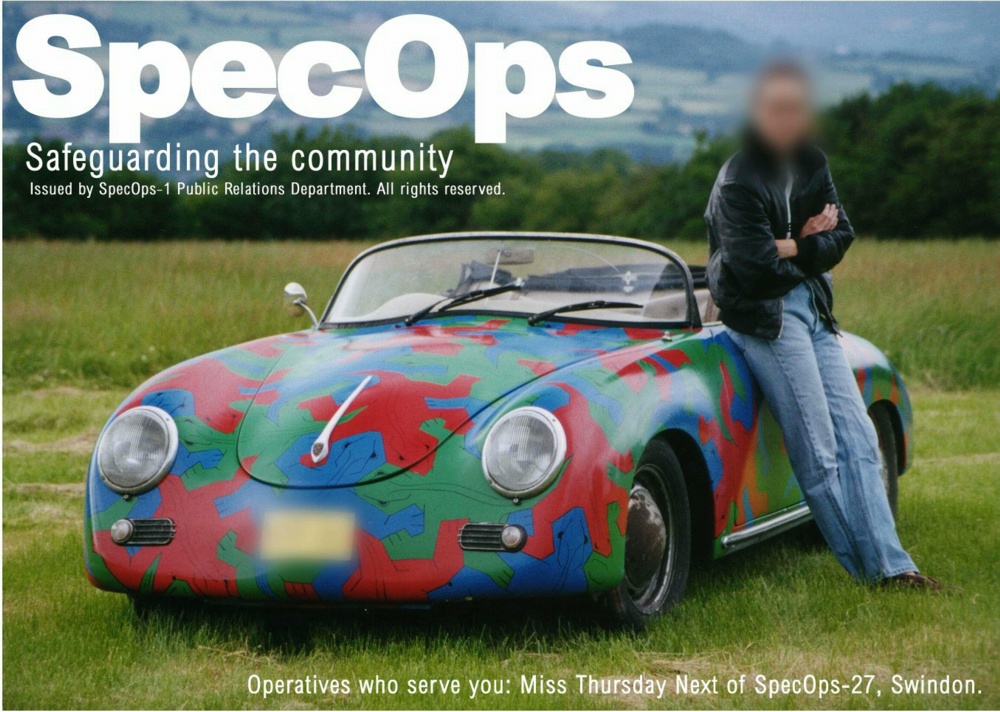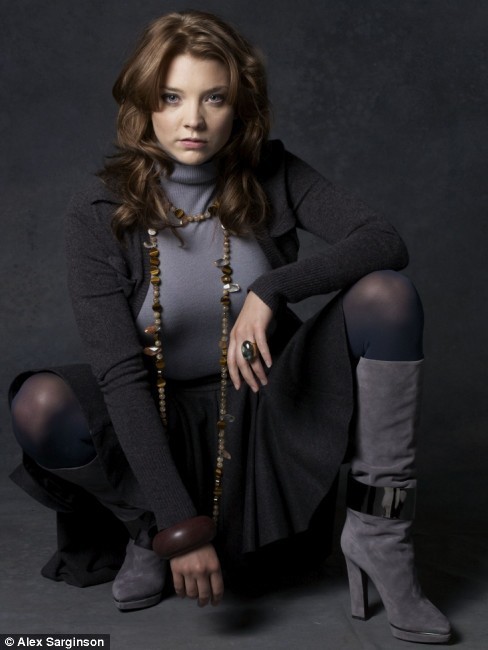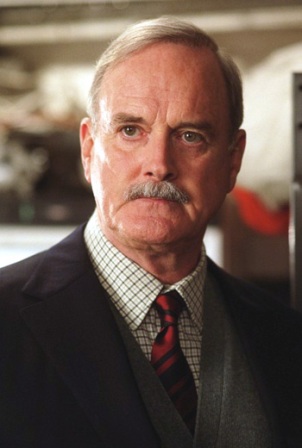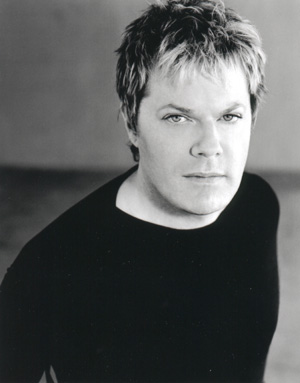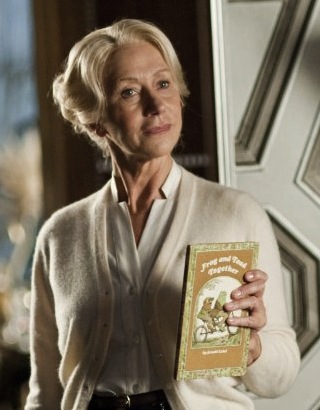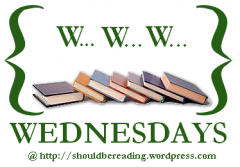[amazon_image id=”0307588653″ link=”true” target=”_blank” size=”medium” class=”alignleft”]Madame Tussaud: A Novel of the French Revolution[/amazon_image]Madame Tussaud, born Marie Grosholtz, is well known all over the world for the wax museum that bears her name. The story of her involvement in the French Revolution is less well known, and it is this part of Madame Tussaud’s life that Michelle Moran brings to life in [amazon_link id=”0307588653″ target=”_blank” ]Madame Tussaud: A Novel of the French Revolution[/amazon_link]. The novel begins as Marie prepares for a royal visit to the Salon de Cire, where Marie and her Uncle Curtius create and display wax figures of prominent people in France. After visiting the salon, Princesse Élisabeth, sister of Louis XVI, asks Marie if she will be her tutor in creating wax figures. Marie agrees, believing the connection will be good for business. She cannot imagine how this association will later place her and her family in danger as the Reign of Terror commences and Marie must carefully straddle two worlds. She is asked to make death masks for people executed during the Revolution. Her family entertains leaders of the Revolution, including Robespierre, Danton, and Marat.
The story of how Marie Grosholtz managed to keep her head, both literally and figuratively, while the world around her dissolved into madness makes for fascinating reading. Moran captures Marie’s involvement in a series of vignettes—at some points in the novel, long periods of time are skipped over to relate perhaps the more interesting events Marie was involved in. In telling Marie’s story, however, Moran also manages to add depth to the royal family and the leaders of the Revolution. Marie Antoinette in particular is given a sympathetic portrait contrary to most historical reports I’ve read. Marie Grosholtz is an interesting person: pragmatic businesswoman and talented artist, she emerges a survivor because of the strong head she manages to keep on her shoulders.
I became interested in the French Revolution after reading Jennifer Donnelly’s novel [amazon_link id=”0385737637″ target=”_blank” ]Revolution[/amazon_link] earlier this year (read my review). It seems amazing that this period in history had not piqued my interest before, but I tend to think of myself as an anglophile and much of the historical fiction I usually read is focused on the UK or America. If you are looking for a book that will capture the anarchy and terror during the French Revolution, I highly recommend Michelle Moran’s novel. In the bargain, you’ll learn more about Madame Tussaud. I didn’t think I would be interested in a novel about the life of the famous wax sculptress, but I was drawn in by the cover and decided to give it a chance. I am very glad I did.
Rating:




I read this novel for the Historical Fiction Reading Challenge and the Take a Chance Challenge. I had seen it all over the place in the book blogosphere, and so am counting it toward Challenge 3: Blogger’s Choice Challenge. I don’t know if it’s kind of cheating or not: I haven’t seen this book mentioned in any sort of Best Books posts. It’s more that I just started seeing it everywhere. I have now read eight of the fifteen books I committed to for the Historical Fiction Challenge and four of the ten for Take a Chance.
